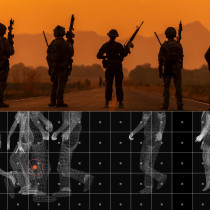SDMI cracked and online
The RIAA wont be too happy when they see that news websites are starting to mirror Princeton
University Computer Science Professor Edward Felten's SDMI crack research online. I am sure
we will see other mirrors but I believe The Register is the first to do so here.



































































